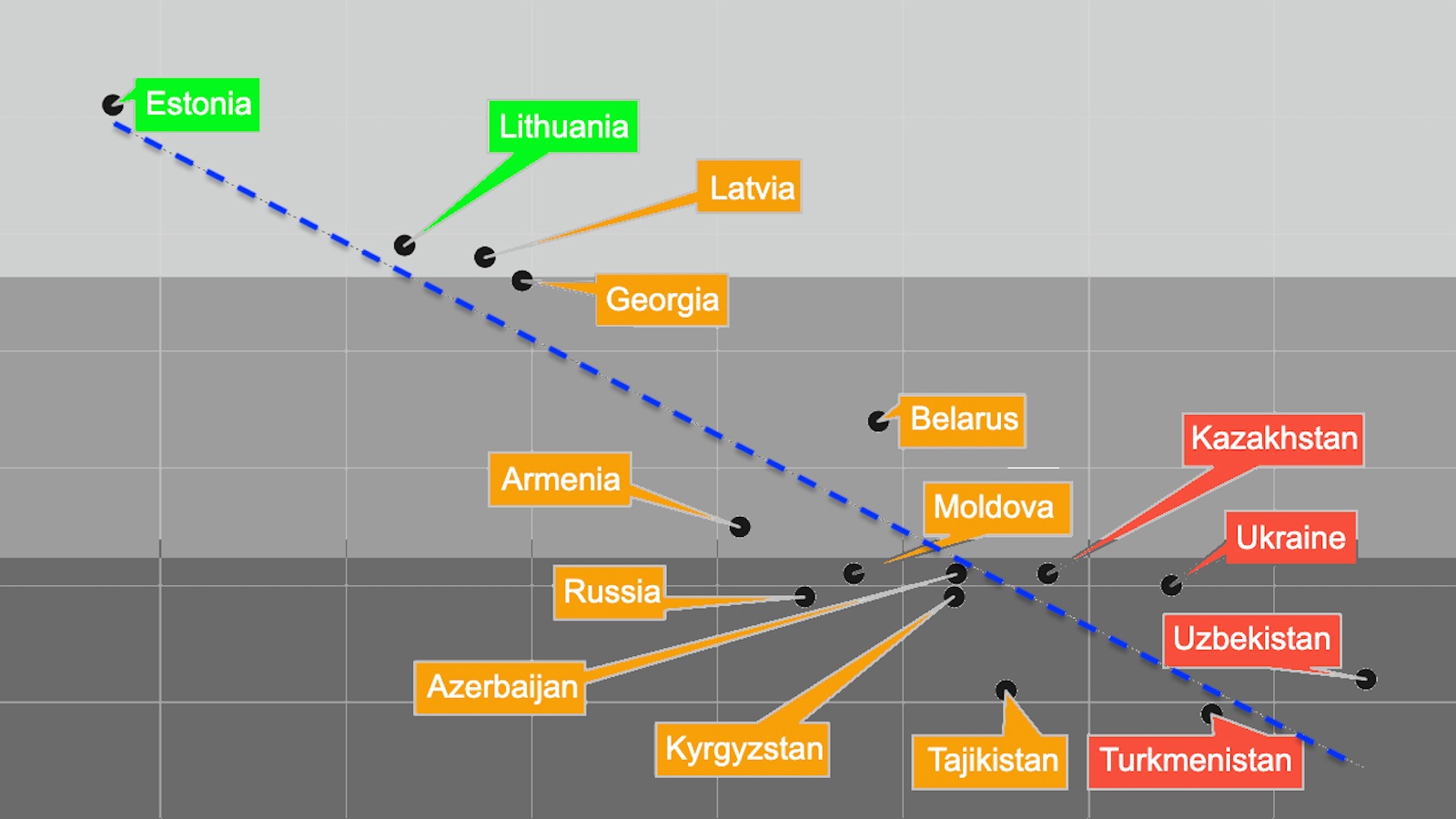The CEO mentions Ghana and Bangladesh as two positive cases in international development.
Question: What countries stand out as models for sustainable development?
Arnold: You have a number of success stories in Africa in the last 15 to 20 years. A country like Ghana has achieved substantial growth rates. There’s some countries in Southern Africa who are also doing quite well. In Asia, I was in Bangladesh a couple of weeks ago, and that’s a country facing enormous challenges, but there’s 150 million people living the country, something twice the size of Ireland. I don't know what the appropriate level of state in United States it is, but it’s a small piece of land. And, you know, they’ve been growing against all the odds and surviving the [IB] with poverty, but they’re still making some progress, and obviously there are some other cases, particularly in Asia, places like Cambodia, who, you know, have came out with dreadful internal conflict 30-odd years ago and have made a lot of progress. So, I think the foundation stones have to be good governance. I think countries have to invest in education. Obviously, set and get, find some way of partnership between governments and civil society, and governments, I think, have to be willing to give the space to civil society to enable them to make a contribution and enable at, over time, institutional development, both at governmental and at non-governmental level to development. And that is ultimately, I think, what needs to be done in a country, and obviously, good, well grounded policy, policy is important. I mean, policy that will put a… in a country, for example, that has a big proportion of its economy dealing in agriculture, that has to be a, you know, a due focus on that, and I think the food crisis earlier this year brought at home to people that for the last 20 to 30 years agriculture and rural development, as a sector, has largely been neglected, and there is a dawning on the leaders, both at national and international level, that has to change.





